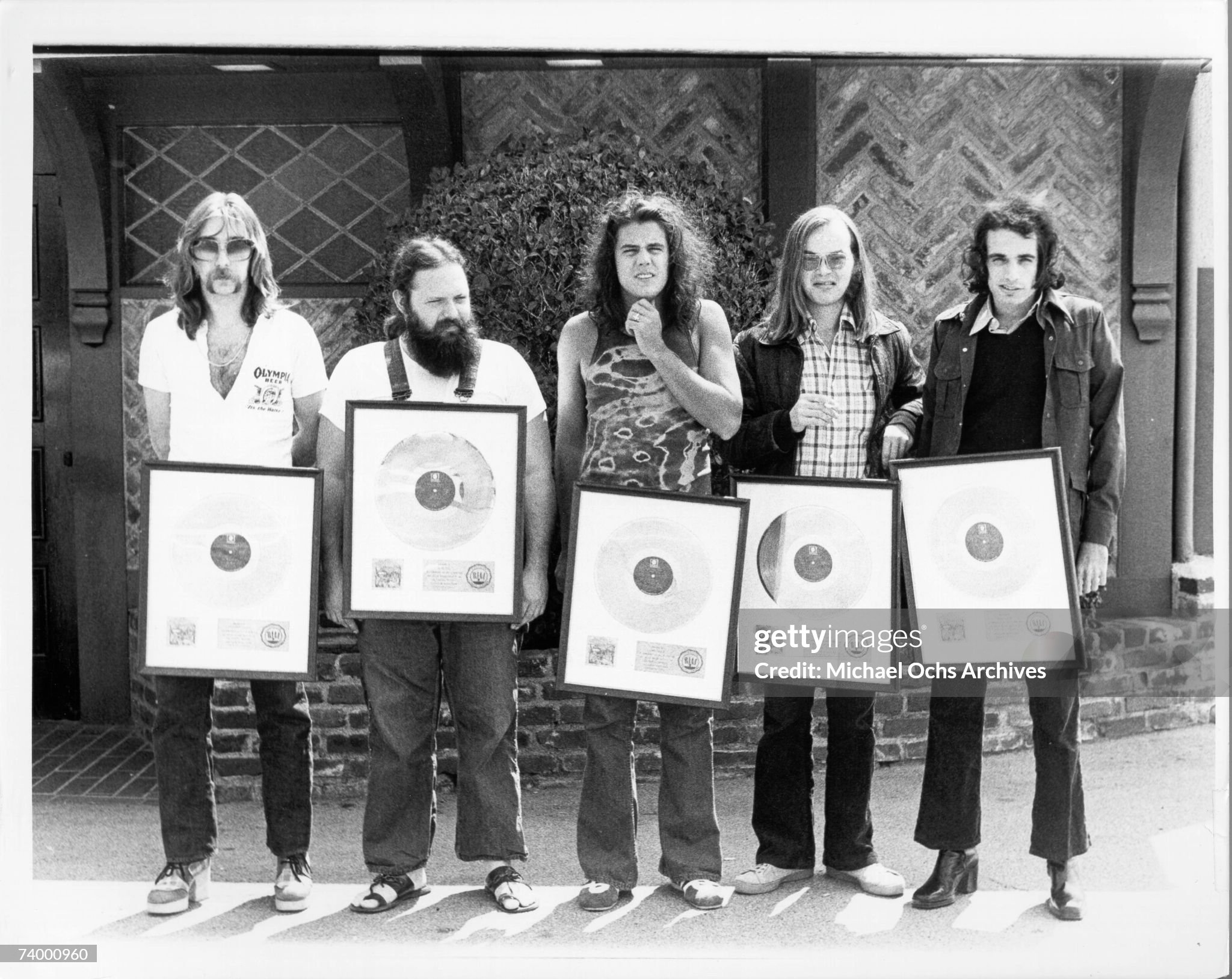
A Lament for the Compromised Heart in a World of Casual Betrayals
When Steely Dan released “Dirty Work” as part of their 1972 debut album, Can’t Buy a Thrill, they offered more than a soft-rock gem—they exposed the hollow ache of moral resignation. Though not released as a single, the song gained considerable airplay and has since become one of the band’s most enduring tracks, standing in stark contrast to the sardonic detachment that typically characterizes their work. “Dirty Work” holds a rare place in Steely Dan’s catalog: a deceptively smooth ballad laced with melancholy, moral compromise, and the quiet despair of knowing you are expendable.
At its surface, “Dirty Work” is a sleek, radio-friendly tune—accessible, even hummable. But beneath its silky horn arrangements and David Palmer’s unusually tender lead vocal lies a narrative of self-awareness and emotional fatigue. Palmer’s inclusion as lead vocalist here is no mere technical decision; his smoother, more plaintive delivery lends a vulnerable clarity to lyrics that might sound coldly ironic coming from Donald Fagen. It’s a song that seems to ask for empathy rather than judgment—an unusual emotional register for a band often celebrated for their aloof brilliance.
The lyrics trace the thoughts of a man entangled in a clandestine affair, knowing full well he is being used: “I’m a fool to do your dirty work, oh yeah / I don’t wanna do your dirty work no more.” Yet even as he resolves to end it, there’s an undercurrent of helplessness, suggesting he will, inevitably, return. The repetition of “oh yeah” is not a note of confidence, but a sigh of resignation, a weary shrug from a man who sees clearly and still capitulates. There is no redemption here—only recognition.
Musically, the song softens its cynical core with a bright, almost buoyant arrangement. The rolling electric piano, understated guitar, and a saxophone that sighs rather than screams—all conspire to seduce the listener into a mood that belies the lyrical content. This dichotomy between sound and sentiment is where Steely Dan excels, and in “Dirty Work,” it is perhaps at its most subversive. The song wears the sheen of early ’70s AM radio polish, yet its emotional weight lingers long after the final note.
Thematically, “Dirty Work” delves into the quiet indignities of being second choice, of lending oneself to another’s needs with full knowledge of one’s disposability. It is about the moral erosion that accrues not from dramatic betrayals, but from the slow bleed of dignity in everyday compromises. The protagonist is neither victim nor villain, but a man caught in the gray zones where desire overrides principle.
In the grander arc of Steely Dan’s oeuvre, this track serves as an early indicator of the cerebral yet emotionally resonant songwriting that would come to define their legacy. “Dirty Work” may lack the cryptic density of later works like Aja or the jazz-laced complexity of Gaucho, but it speaks plainly and poignantly, making it all the more haunting. It is a quiet confession carved into soft wax—a man’s voice echoing through the grooves, caught between what he wants and what he knows.